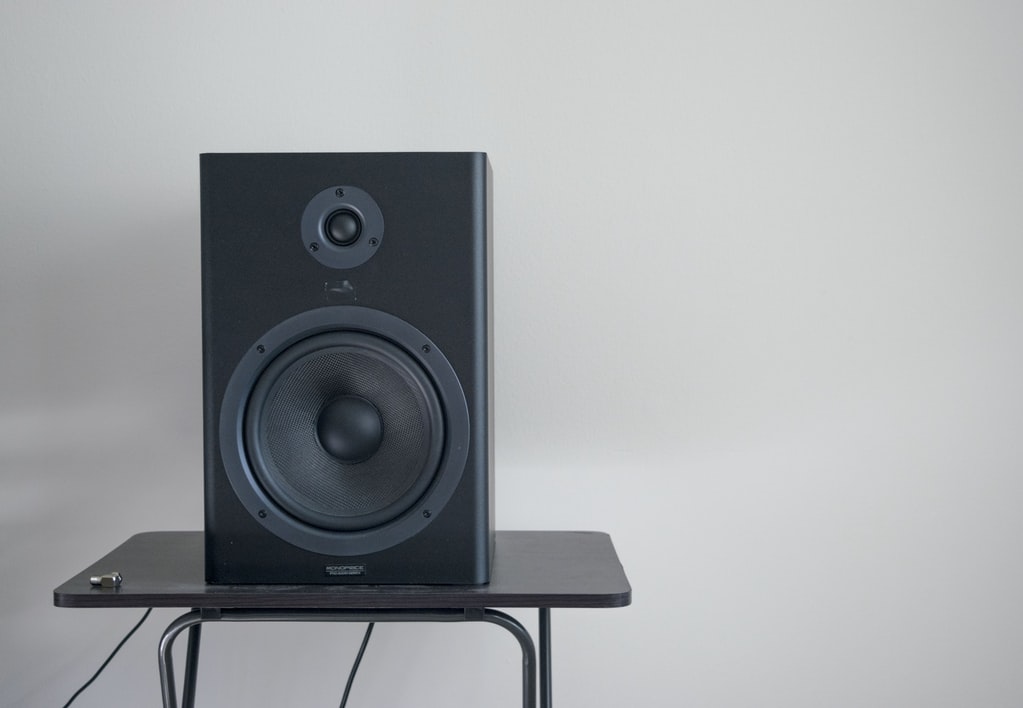
The idea of sound being able to damage your ears can seem a little silly when you first hear it. Your ears are designed for listening, and they handle certain sounds just fine, so why would others hurt them? The complexity of your ears and the variety found in the physical properties of sound make this issue much harder to wrap your head around, leaving a lot of people unsure as to how they should protect their ears. Let’s take a look at some of the key issues that can occur when your ears are exposed to the wrong kind of sounds.
What Hurts Your Ears?
There are two main factors that will dictate how much damage a sound does to your ears; the volume and pitch. Extremely loud sounds are some of the worse, having the potential to cause damage to just about every part of your inner ear. Your ears don’t have to be in paid for damage to be done this way, and it usually happens over a long time, leaving a lot of people unaware of the damage they’re doing. Very high and low pitched sounds can also damage your ears, with their vibrational waves coming in at frequencies that your ears aren’t equipped to deal with.
Damaged Cilia
When a sound is played near your ears, small hairs known as cilia vibrate, trigger a nerve response that your brain can understand. Different hairs are responsible for different pitches, making it possible for your brain to understand a complex array of sounds. When something too loud passes over the cilia, though, they can be pushed down, unable to raise back up again. This essential renders them useless, causing people to lose their hearing over time. You can prevent tinnitus and other hearing conditions by protecting your cilia, and limiting your exposure to extremely loud sounds is one of the best ways to handle something like this.
Physical Damage & Blockages
There are loads of tiny bones inside your ears that are able to move and further aid your ability to hear sounds. These bones can be damaged by trauma outside the ear, and the way that they recover can often cause issues like tinnitus. Alongside this, blockages in your ears can also cause hearing loss. Wax, fluids, and other potential blocks will simply stop sound from getting inside your ears, making it much harder for you to hear things. Keeping your ears in good shape is a good way to overcome both of these issues, making it much easier for you to keep your ears healthy for years to come.
Hearing loss, tinnitus, and the other conditions that can come with your ears are all difficult to live with. While some people find this easier than others, it always makes sense to put some time into researching health issues like this, especially if you think that your lifestyle could lead to problems down the line.